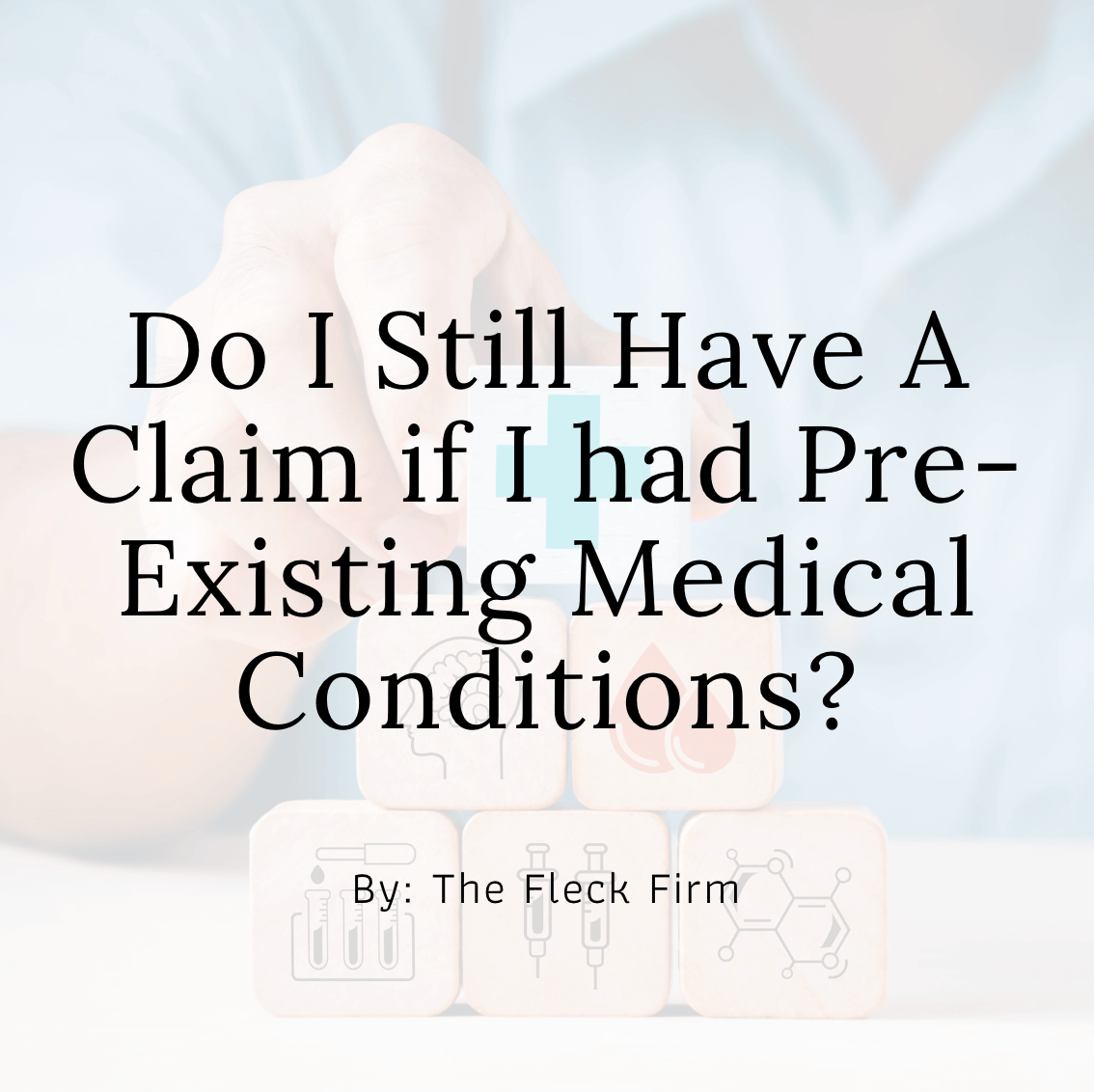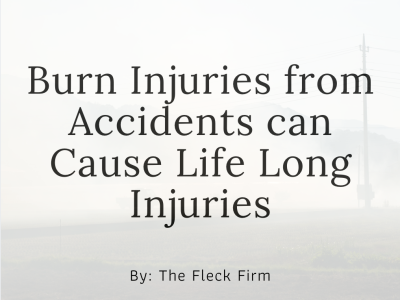The point of a personal injury case is to provide you compensation for an injury you suffered because of another party’s negligence or intentional acts. Your case can be based on how the accident made it worse. When defending their insured, insurance companies may try to confuse the issue by claiming you’re no less healthy than you were before the accident, so you’re not entitled to a recovery.
How Are Personal Injury Cases Proven?
Personal injury cases are divided into liability and damages:
- Liability concerns whether the defendant is wholly or partly responsible for the accident. If so, they should compensate you for the harm they caused. A pre-existing condition may come into play if, because of your condition, you’re the one who caused the accident, at least in part
- Damages are the measure of your injuries in dollars. They can include physical and mental suffering, pain, and temporary or permanent total or partial disability. Your pre-existing condition will be an issue in this part of your case because you need to set a baseline of your health before the accident, then show how it worsened afterward
All plaintiffs must establish their health before an accident, whether they have a pre-existing condition or not. You can’t claim damages because you can’t run ten miles without stopping after your accident unless you can show you ran that well before it took place.
Other attorneys take contingent fees of 33% to 50% of your settlement.
We want you to keep more of your money.
Our contingent fee is only 30% on cases settled prior to filing suit.
How Healthy Were You Before? How Healthy are You Now?
Generally, on a scale of one to ten, with one being perfectly healthy and ten being totally disabled, you’d have to show where you were on this scale before and since the accident:
- Through your medical records, your physician’s opinion, and the testimony of a medical expert, you were a three
- After the accident, with the help of that evidence and testimony, you establish your health and ability to function is now a seven
If the damages and liability evidence is in your favor, the defendant is responsible for the worsening of your life from how you were before (three) to your current situation (seven) and should compensate you.
The insurance company, using the same records, after questioning your physician and with the help of their medical expert, may take the position that:
- Your description of your health is accurate
- Before the accident, you were a five or six on this scale, so you’re owned less money
- You were a three before the accident, and you’re still a three, so there’s no need for compensation
- Before the accident you were a seven, and nothing’s changed, so you don’t deserve compensation
The defendant will take whatever position they reasonably can to reduce what they’ll pay or to prevent paying any compensation.
What Will Help or Hurt My Case?
These cases boil down to the evidence of your health condition. The more difficult it is to clearly show how you were before and after the accident, the easier it is for the insurance company to dispute the issue and offer a lower settlement.
It’s an easier case for you if your condition was clearly documented before and after the accident. If you had physical or occupational therapy before the accident, notes and records should prove how well you could or couldn’t do certain things. If this therapy continued afterward, the fact you’re doing worse should also be in your records.
The fact you have a pre-existing condition shouldn’t prevent your insurance claim or lawsuit. But depending on the facts, additional uncertainty may make your case more complicated and take longer to resolve.
Take the Next Step After You Suffer Injuries in an Accident – Call Tyler Fleck
Tyler Fleck is an experienced Kentucky personal injury attorney who can help you and your family. Call us at (270) 446-7000 to schedule your free consultation. We’ll discuss the accident, your injuries, Kentucky law, and your best options to proceed. Insurance companies have lawyers. You should have one too.








